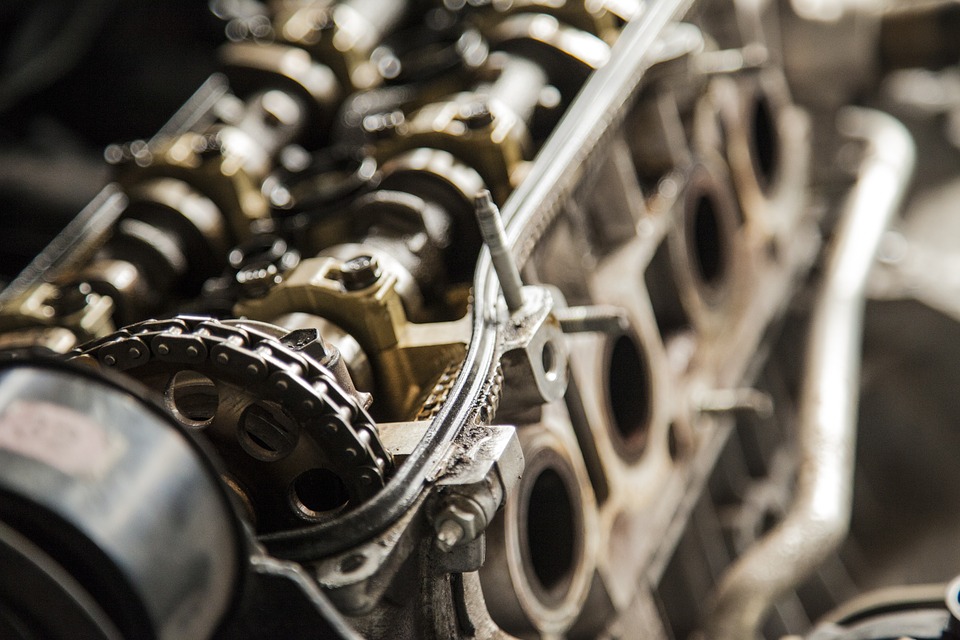Right to Repair: How the DMCA Got in the Way

In our last blog post, I mentioned how some farmers are now required to sign End User License Agreements (ELUA) to operate their machinery. Manufacturers such as Caterpillar, John Deere, and Case argue that the Digital Millennium Copyright Act (DMCA) gives them the right to lock down their equipment -- or In other words, Caterpillar believes that they still own their excavators, they have simply given a contractor permission to use it for a period of time.
So, what is the DMCA, and why must farmers fight back?
The Intent of the Digital Millennium Copyright Act (DMCA)
The DMCA was a controversial law passed by the US government in 1998. It was intended to balance the interests of copyright owners and users, and give some sort of backing to any digital copyright infringement. Most people understand the DMCA in the context of music – because of how it has been pirated through Napster and other online services. In 2019, however, it spans much farther than that. Machine manufacturers are suggesting that the software running on “their” machines is being pirated by farmers.
How the DCMA is Influencing Machinery Ownership
Machine manufacturers are suggesting that the software running on “their” machines is being pirated by farmers. This idea – that the software on a machine is not part of the purchase – is not the intent of the DMCA. It is intended to regulate digital media and deal with copyright challenges. The act not only looks into the copyright infringement issues faced by users on the internet, but also reinforces penalties for offenders. In its original form, the DCMA was criticized by many because they believed it would disrupt the Information Technology (IT) industry in the US. The law faced several revisions to incorporate various exemptions. In fact (starting in 2000), the Librarian of Congress and the Register of Copyright oversee these exemptions and grant recommendations every three years and is in effect for up to three years in an effort to continually update its best practices.
One such ruling that intrigues farmers is the Class 21 Exemption that was heard in 2015 and pertains to Vehicle Software – Diagnosis, Repair or Modification. This exemption allows the “circumvention of [Technical Performance Measures] TPMs protecting computer programs that control the functioning of a motorized land vehicle, including personal automobiles, commercial motor vehicles, and agricultural machinery, for purposes of lawful diagnosis and repair, or aftermarket personalization, modification, or other improvement. Under the exemption as proposed, circumvention would be allowed when undertaken by or on behalf of the lawful owner of the vehicle.”
The Verdict and How it Affects Right to Repair
After hearing all sides, the Copyright Office recommended granting the exception. The office concluded that reproducing and altering the computer programs on Electronic Control Units (ECUs) for purposes of facilitating diagnosis, repair and modification of vehicles may constitute a non-infringing activity as a matter of fair use and/or under the exception set forth in section 117 of the Copyright Act, which permits the owner of a copy of a computer program to make certain copies and adaptations of the program.
The Copyright Office also concluded that owners of vehicles and agricultural machinery are adversely impacted as a result of TPMs that protect the copyrighted computer programs on the ECUs that control the functioning of their vehicles.
So if the recommendation has already been passed, why are we still talking about right to repair? It’s because the effective timeline of the recommendation is short…and unfortunately it’s just that – a recommendation. In the mean time, organizations and trade associations are lobbying law makers for a permanent solution.
What are your thoughts on right to repair? Can you see both sides of the issue, or do you have a clear stance on one side? Leave a comment below!
